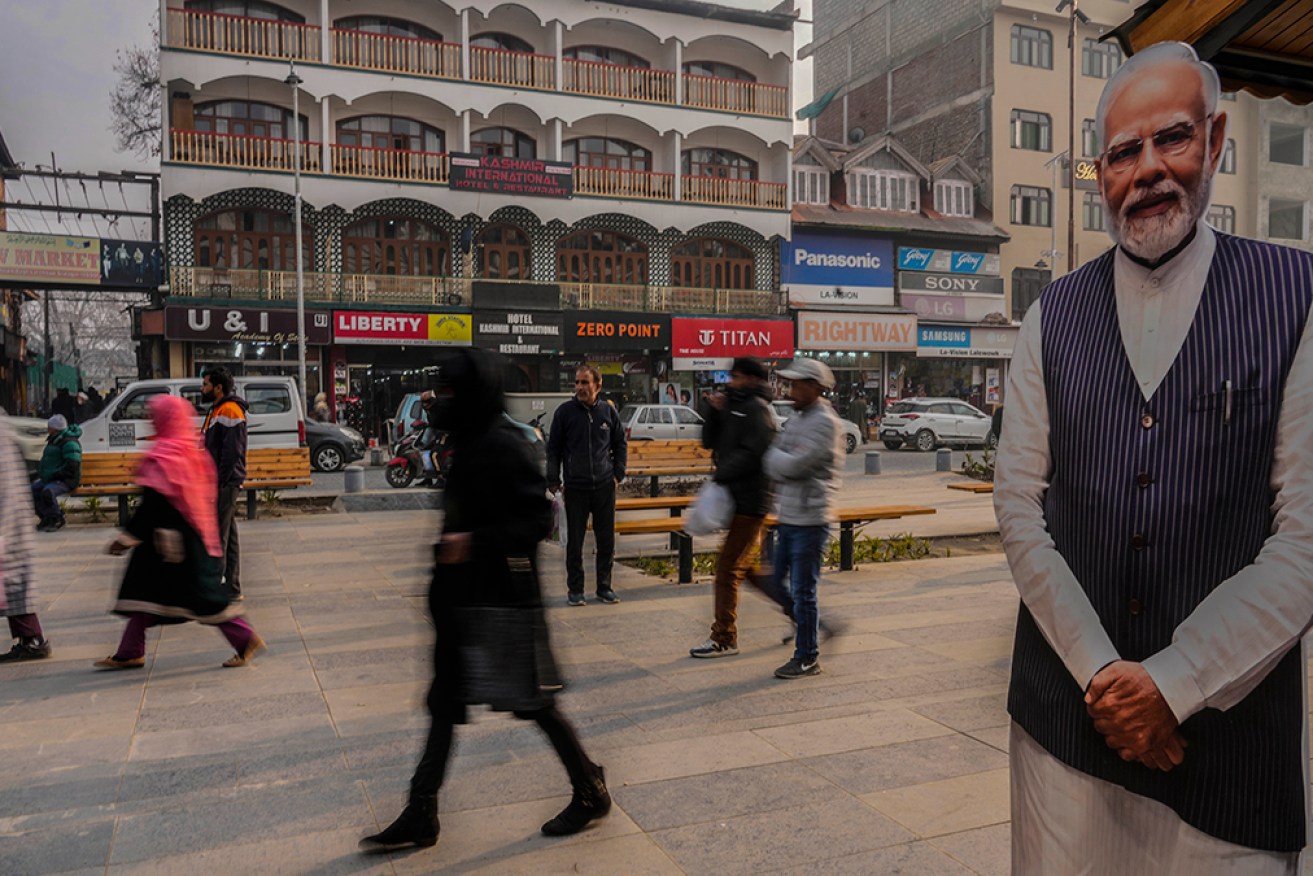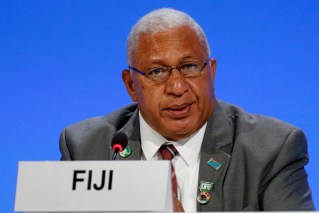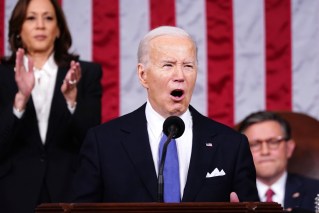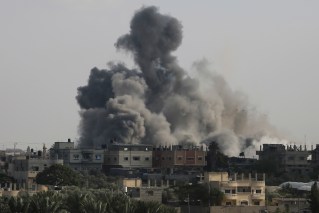Indian court upholds the end of special status for Jammu and Kashmir

The court ruling, upholding a decision to remove special status, wil disappoint many Kashmiris. Photo: AP
India’s top court has upheld a 2019 decision by the Modi government to strip disputed Jammu and Kashmir’s special status as a semi-autonomous region with a separate constitution and inherited protections on land and jobs.
The five-judge constitutional bench of the Supreme Court ruled that the region’s special status had been a “temporary provision” and that removing it in 2019 was constitutionally valid.
The unprecedented move also divided the region into two federal territories, Ladakh and Jammu-Kashmir, both ruled directly by the central government without a legislature of their own.
It was the first time in the history of India that a region’s statehood was downgraded to a federally administered territory.
As a result, the Muslim-majority region is now run by unelected government officials and has lost its flag, criminal code and constitution.
Tweet from @ANI
But Chief Justice Dhananjaya Yeshwant Chandrachud said the government has promised to restore Jammu-Kashmir’s statehood and should do so as soon as possible.
Ladakh, however, will remain a federal territory.
He also ordered the country’s election commission to hold local legislative polls in the region by next September 30.
The ruling is expected to boost the electoral prospects of prime minister Narendra Modi’s governing Hindu nationalist Bharatiya Janata Party in national polls next year.
The 2019 move resonated in much of India, where the Modi government was cheered for fulfilling a long-held Hindu nationalist pledge to scrap the Muslim-majority region’s special status.
But the judgment will disappoint many in Kashmir, including the region’s main pro-India Kashmiri politicians who had petitioned the Supreme Court to reverse the decision, imposed under an unprecedented security and communication clampdown that lasted many months.
When Britain divided its Indian colony into a Hindu-majority India and a Muslim-majority Pakistan in 1947, the status of what was then the princely state of Jammu and Kashmir was left undecided.
India and Pakistan soon began a war over Kashmir, which ended with both countries controlling parts of the territory, divided by a heavily militarised frontier.
Kashmiri dissidents launched a full-blown armed revolt in 1989, seeking unification with Pakistan or complete independence.
Tens of thousands of civilians, rebels and government forces were killed in the conflict.
New Delhi insists the Kashmir militancy is Pakistan-sponsored terrorism, a charge Islamabad denies.
Most Kashmiris consider it a legitimate freedom struggle.
Tweet from @narendramodi
The ruling is seen as a legal validation of what New Delhi has already done on the ground through a slew of administrative changes in the contested region.
“The verdict today is not just a legal judgment; it is a beacon of hope, a promise of a brighter future and a testament to our collective resolve to build a stronger, more united India,” Modi wrote on X, formerly called Twitter.
He said the decision was “historic and constitutionally upholds the decision taken by the Parliament of India.”
-AP








